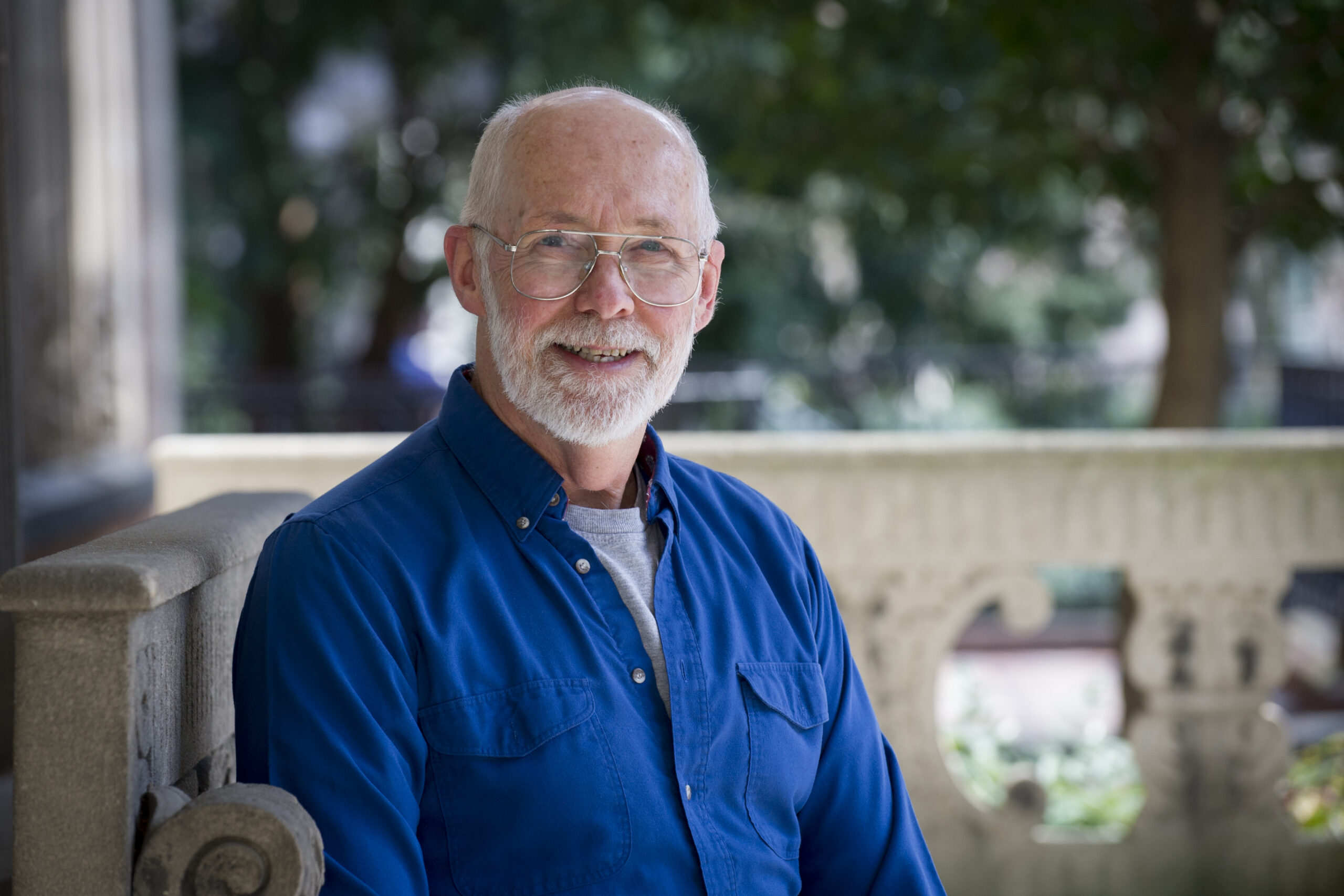About Speaker
Everett L. Worthington, Jr., PhD is Commonwealth Professor Emeritus working from the Department of Psychology at Virginia Commonwealth University, where he holds an affiliate appointment. He also holds a Faculty Affiliate appointment at the Institute for Quantitative Social Sciences, Faculty of Arts and Sciences, Harvard University (Human Flourishing Program). He continues to be active in research and speaking around the world. He is a licensed Clinical Psychologist in Virginia. He has published over 45 books and over 500 articles and scholarly chapters, mostly on forgiveness, humility and positive psychology, marriage, and family topics, and religion and spirituality. He also has developed the REACH Forgiveness model, supported by over 30 published randomized controlled trials (RCTs), and has recently been tested in global grant-funded RCTs in 5 countries (six sites; N = 4,598), although the results have not been published yet. He has developed numerous other positive psychological interventions.

